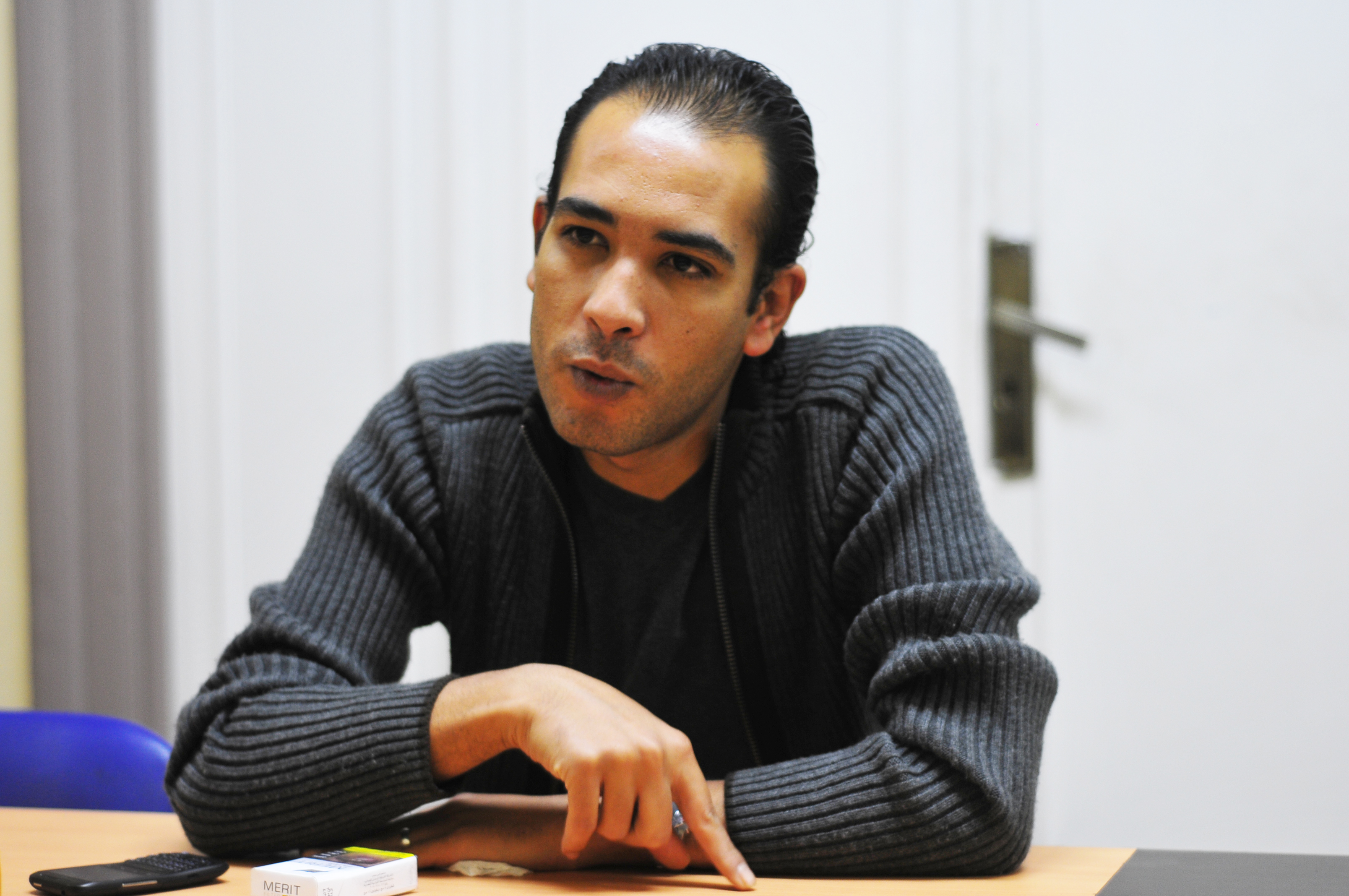MELBOURNE: Is Iran really hell-bent on becoming a nuclear-armed state? Or will it settle for nuclear capability, able to make weapons but choosing not to? Does the difference matter?
Few international questions involve higher stakes than these. An immediate concern, if deep pessimism about Iran’s intentions prevails, is a preventive Israeli strike, leading to another major Middle East war — with catastrophic consequences for the global economy likely.
No one should underestimate the difficulty of assessing Iran’s real intentions. Mixed signals from competing power centers don’t help; nor does the recurring contrast between Iranian officials’ usually-strident public pronouncements and often-moderate private discourse. Pessimists and skeptics have plenty to point to in Iran’s long record of obstruction and brinkmanship in addressing legitimate international concerns about its nuclear programs.
That said, too many policymakers and commentators have rushed to judgment, insisting that Iran is irrevocably determined to build nuclear weapons, or that it wants a break-out capability that is just as dangerous.
In fact, there is good reason to believe that the situation is less alarming and more containable than this. While a negotiated settlement acceptable to both Iran and the rest of the international community would be a hugely difficult undertaking, it is achievable.
One does not need to look hard for Iran’s reasons for testing the limits of international tolerance: to redeem the humiliations of the Mosaddeq era and beyond; to demonstrate superior technological prowess to the region and the wider world; and to make clear to the Western powers — whose perceived double standards abandoned Iran to Saddam Hussein’s chemical warfare in the late 1980s — that it would not compromise on its “right” to enrich uranium under the Nuclear Non-Proliferation Treaty.
By contrast, it has not been so easy for observers to see why Iran would stop short of building the nuclear weapons that it may soon have the capacity to produce. But in my many off-the-record discussions with senior officials in Iran and elsewhere over the last few years, I have heard five such reasons stated with clarity and consistency, and they deserve to be taken seriously.
The first reason is concern that Israel will perceive the existence of one or two Iranian bombs as an existential threat, demanding a pre-emptive military attack — with or without US support, but in either case with resources that Iran knows it cannot match. Iranians think such an attack unlikely if they do not cross the red line of actual weaponization.
Second, it is well understood that there is zero tolerance in Russia and China for an Iranian bomb, and all the rope that that these powers have so far given Iran in the Security Council will run out if Iran weaponizes. The writing on this wall became even clearer after the most recent round of sanctions negotiations.
Third, following from this, there is a clear perception in Iran that acquiring an actual bomb would lead to impossibly stringent economic sanctions. Financial sanctions, direct and indirect, already are biting — including on the Revolutionary Guard and its significant economic interests — but have been tolerable in the context of asserting Iran’s “right to enrich” under the NPT. Once in obvious breach of the NPT, universal participation in a much tougher sanctions regime is seen in Iran as inevitable.
Fourth, Iranians acknowledge that any regional hegemony bought with nuclear weapons is likely to be short-lived. There is skepticism about the capacity of Egypt, Saudi Arabia, or Turkey to move quickly to build bombs of their own, and a belief that they would be under much international pressure, especially from the US, not to do so. But there is also a clear view that Arab-Persian, Sunni-Shia, or more straightforward regional power anxieties would make a nuclear-arms race inevitable.
Finally, there is a religious reason: weapons of mass destruction simply violate the precepts of Islam. Few in the West are likely to find this line very compelling, but it has echoed strongly in every conversation that I have ever had with Iranian officials, senior or minor. And it is not without plausibility: Iran did not, after all, respond in kind when it was bombarded with chemical weapons by Iraq.
None of this suggests that Iranian intentions can be taken on trust. There is too much history, and there are too many continuing grounds for suspicion, for that. Any agreement involving an end to sanctions and diplomatic isolation would need to be accompanied by intrusive monitoring, inspection, and verification arrangements, covering not only all sensitive stages of the nuclear fuel cycle, but also any suspected weapons design or engineering facilities. The international community requires real confidence that there would be enough lead time — 12 months or so — in which to respond to any evidence of real intent to move to weaponization.
Frustrations will continue, like those over the last year as creative efforts by Security Council members — and more recently by Brazil and Turkey — to find interim confidence-building solutions were rebuffed, largely because the leaders of last year’s democratic movement refused to support a compromise-inclined President Mahmoud Ahmadinejad. But there is a solid foundation of rationality on which to build in keeping the door open for negotiations.
Iran is an extraordinarily complex country. But, just as we cannot afford to underestimate the forces of extremism that persist there, we also fail at our peril to comprehend the currents of restraint and good sense that run within the country, including at high policymaking levels.
Gareth Evans, a former foreign minister of Australia, is Professorial Fellow at the University of Melbourne, President Emeritus of the International Crisis Group, and Co-Chair of the International Commission on Nuclear Non-Proliferation and Disarmament. This commentary is published by Daily News Egypt in collaboration with Project Syndicate, www.project-syndicate.org.





